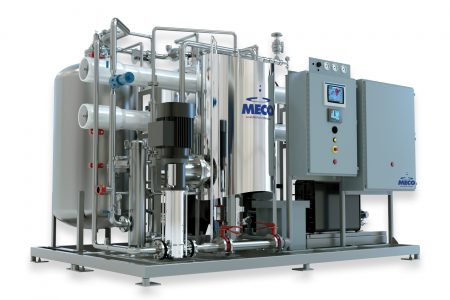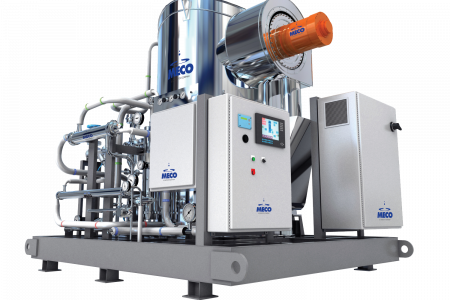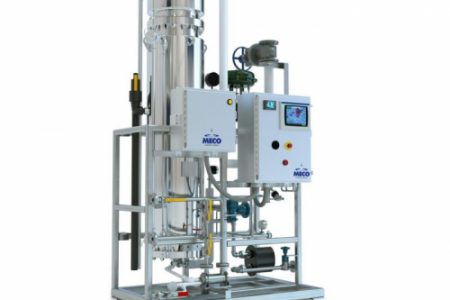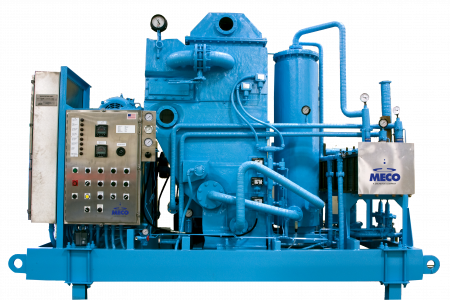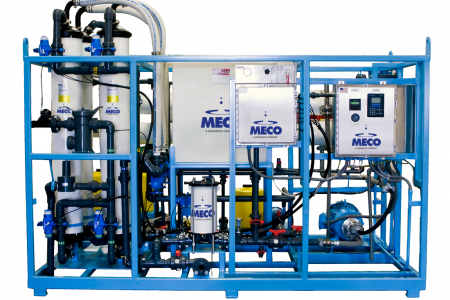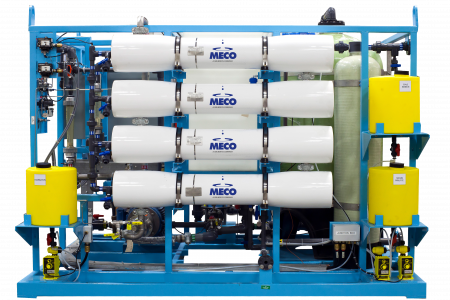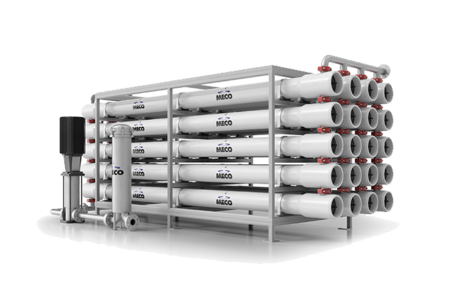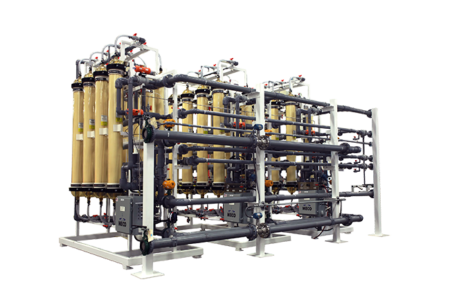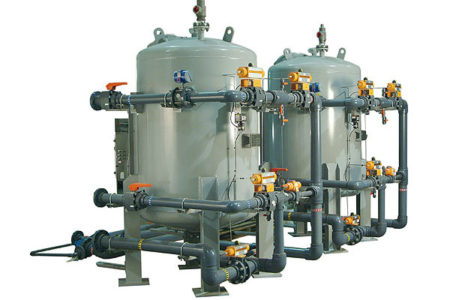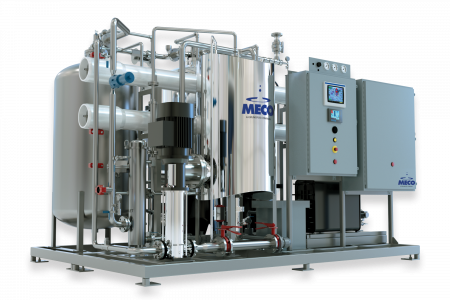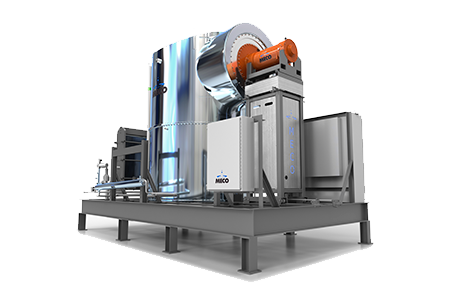Examining the Sustainability of Lab-Grown Meat Production
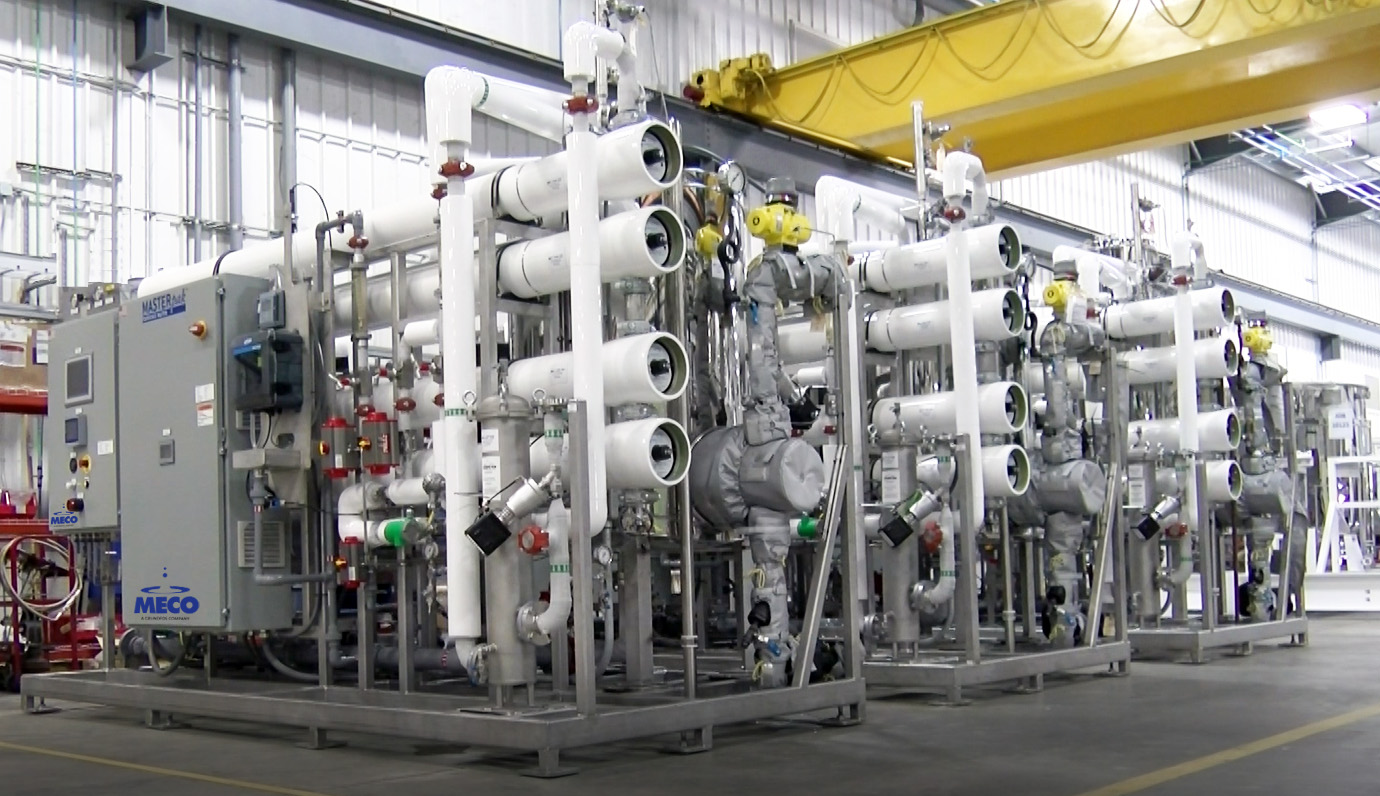
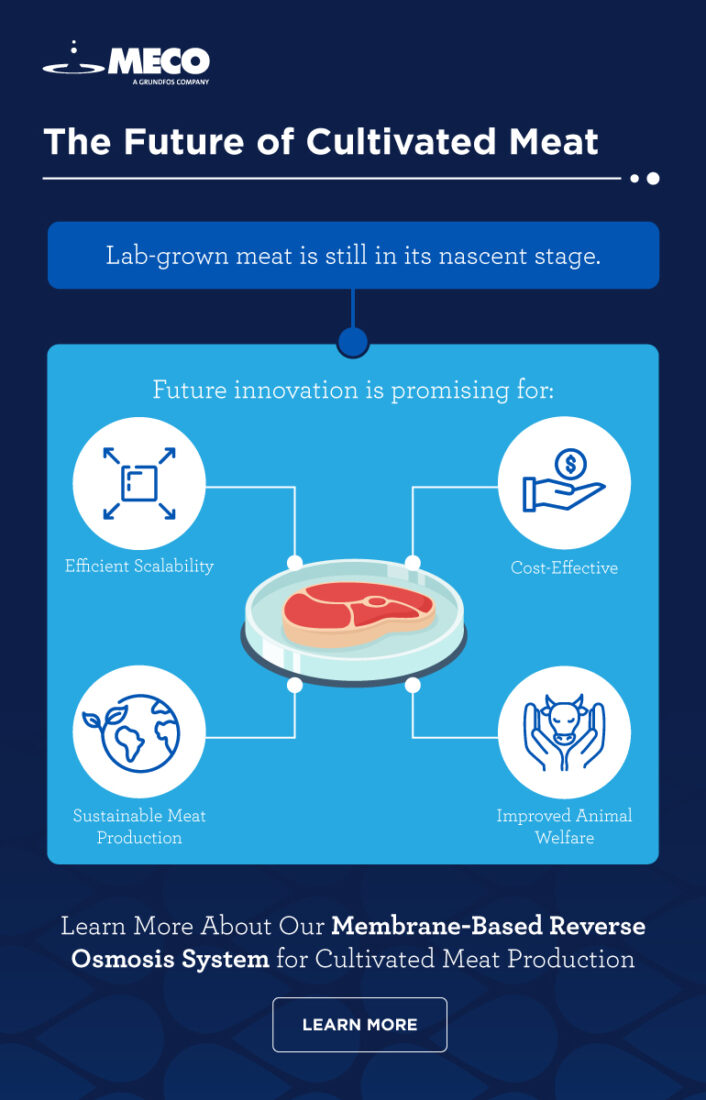 In today’s quest for sustainability, finding alternatives to conventional meat production methods is paramount. One promising solution is lab-grown meat, which offers a more environmentally friendly approach to meat production. Let’s delve into the technical intricacies of this innovative method and assess its sustainability.
In today’s quest for sustainability, finding alternatives to conventional meat production methods is paramount. One promising solution is lab-grown meat, which offers a more environmentally friendly approach to meat production. Let’s delve into the technical intricacies of this innovative method and assess its sustainability.
Understanding Lab-Grown Meat
Lab-grown meat, also known as cultured meat, is produced by harvesting stem cells from the muscles of livestock or poultry. These stem cells, extracted through non-invasive procedures, are then cultured in a lab environment to facilitate their growth into muscle tissue. The result is a product that closely resembles traditional meat, without the need for animal slaughter.
Differentiating Lab-Grown Meat from Plant-Based Alternatives
It’s important to distinguish lab-grown meat from plant-based meat substitutes. While both aim to provide sustainable alternatives to conventional meat, lab-grown meat maintains the cellular composition of traditional meat, offering a more authentic experience for consumers.
The Environmental Impact of Conventional Meat Production
The environmental repercussions of conventional meat production are significant. With global meat consumption on the rise, the industry’s carbon footprint continues to expand. From deforestation to water consumption, traditional meat production poses numerous challenges to environmental sustainability.
Advantages of Lab-Grown Meat
Despite its nascent stage, lab-grown meat presents several compelling advantages in terms of sustainability:
- Animal Welfare: By eliminating the need for animal slaughter, lab-grown meat offers a more humane approach to meat production.
- Land Use Efficiency: Unlike traditional livestock farming, lab-grown meat production requires minimal land usage, mitigating the need for deforestation.
- Water Conservation: Lab-grown meat production consumes significantly less water compared to conventional methods, making it a more sustainable alternative.
Challenges and Future Prospects
While the potential benefits of lab-grown meat are evident, the industry still faces challenges such as scalability and cost-effectiveness. However, ongoing research and technological advancements hold promise for the widespread adoption of this sustainable meat production method.
Conclusion
Lab-grown meat represents a promising avenue for addressing the sustainability challenges associated with conventional meat production. As the industry continues to evolve, collaborations between scientific innovators and industry leaders will be essential in realizing the full potential of this groundbreaking technology.
